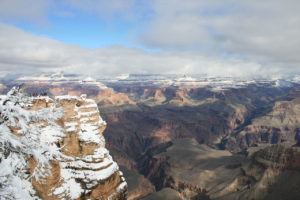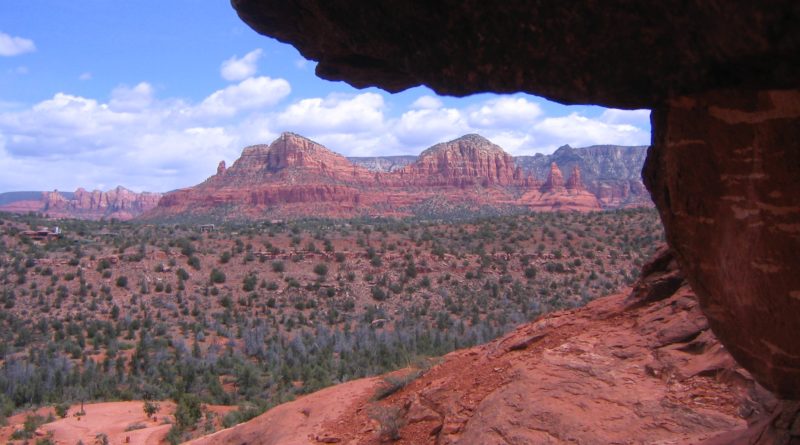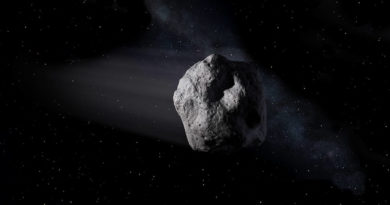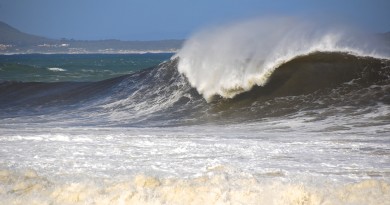Human Life Spans Two Geologic Epochs
At a recent meeting of the International Geological Congress in South Africa, a motion was presented to adopt a new geologic epoch that represents a notable change in the geological record. If adopted, the new definition could be recent enough that many humans, including your grandmother, may have lived in two distinct geologic epochs.
First proposed in 2008, the name Anthropocene, is being considered to reflect significant changes in the world since the Industrial Revolution. The name itself, is a Greek term meaning “human” and “new” and was initially used by Russian scientists in the 1960s. While the exact demarkation has yet to be decided, it is believe that perhaps the mid-20th century is when many important signals in sediments and the global environment were first recorded.
Imagine your grandmother having lived in the Holocene (that contains the Stone Age) as well as in the Modern Anthropocene. What a privilege to know people whose lives have straddled two different centuries, two different millenniums, and now two different epochs!

Defining a new age, epoch, period, or eon in geologic time is a serious matter as it represents a major event the history of the Earth that is recorded in sediments.
As human population grew along with the advent of new technologies our need for more energy also grew. The escalating requirement for more energy, fossil fuels and the manipulation of the landscapes through agriculture or urban living has left an inevitable impact on natural habitats as well as pollutants on every natural system.
Geologists, biologists, and oceanographers are seeing drastic physical and biological changes at rates that have not been seen in the geologic record.
Ultimately, it will be up to the International Commission on Stratigraphy to adopt the new epoch which is expected to occur sometime in the next 3 years.




